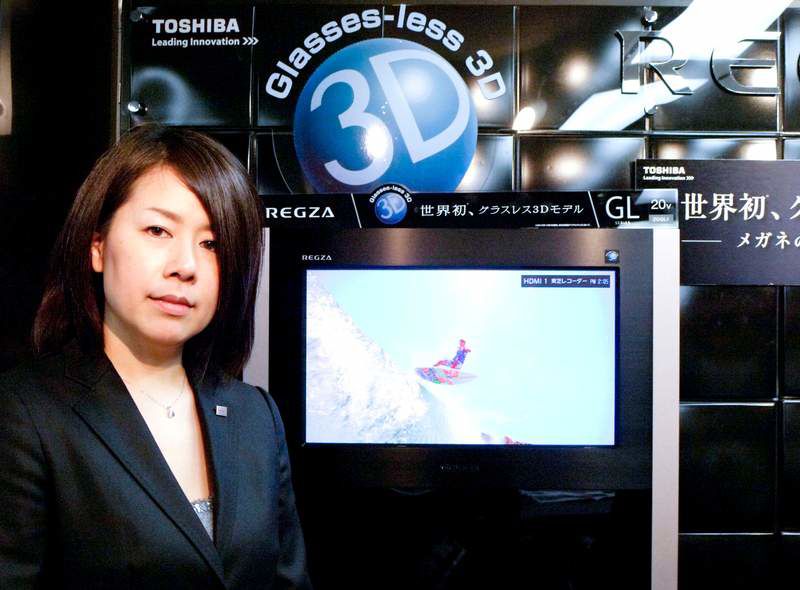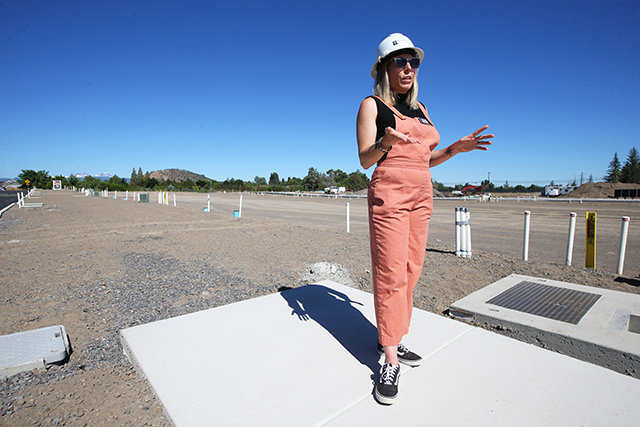At Toshiba, a pioneer for women in the work force
Published 4:00 am Tuesday, January 18, 2011

- Rieko Fukushima, a researcher at Toshiba who developed a way to watch 3-D television without special glasses, is among a growing number of women in Japan with children and careers.
TOKYO — It is the Achilles’ heel of 3-D television: the clunky glasses that viewers must wear to see images pop out in 3-D.
But Rieko Fukushima, a researcher at Toshiba, developed a way to do away with the glasses — and at the same time is helping to crack Japan’s glass ceiling for women.
Trending
“I’d be lying if I said it wasn’t tough as a woman,” said Fukushima, 39, who led Toshiba’s effort to develop the world’s first “naked eye” 3-D TV. The project began nine years ago, when she had just returned from maternity leave.
“Sometimes, I’d see it in my colleagues’ expressions,” she said. “ ‘What? A woman? This age? In charge?’ ”
It is too early to know whether Toshiba can create a big consumer market for its new 3-D TVs, which it demonstrated this month at the Consumer Electronics Show in Las Vegas.
But Fukushima’s breakthrough is a rare example of a company that has successfully tapped what some economists call Japan’s most underused resource: women.
According to a 2009 government survey, women held 8 percent of managerial jobs in Japan; in the United States, women hold 43 percent of supervisory positions, according to Catalyst, a nonprofit in New York.
Only 65 percent of college-educated Japanese women are employed, many of them in low-paid temp jobs, compared with about 80 percent in the U.S. — “a significant lost economic opportunity for the nation,” Goldman Sachs said in a report in October. Over two-thirds of Japanese women leave the work force after their first child compared with just one-third of U.S. women, the report said, often because of corporate and societal norms, as well as insufficient child care.
Trending
If Japan’s 60 percent female employment rate in 2009 could match the 80 percent rate among men, the country would have 8.2 million more workers to replenish its rapidly aging population and raise its gross domestic product by up to 15 percent, said the report, by Kathy Matsui, a managing director at Goldman Sachs Japan.
Fukushima’s success has therefore been welcomed as an inspirational tale of what can happen when things fall into place: a driven woman, a supportive family, and a company trying to diversify its work force.
“As a researcher, her ideas are cutting edge,” said Yuzo Hirayama, the head researcher at Toshiba’s TV research unit. “Her communication and networking skills also never cease to astound me.”








